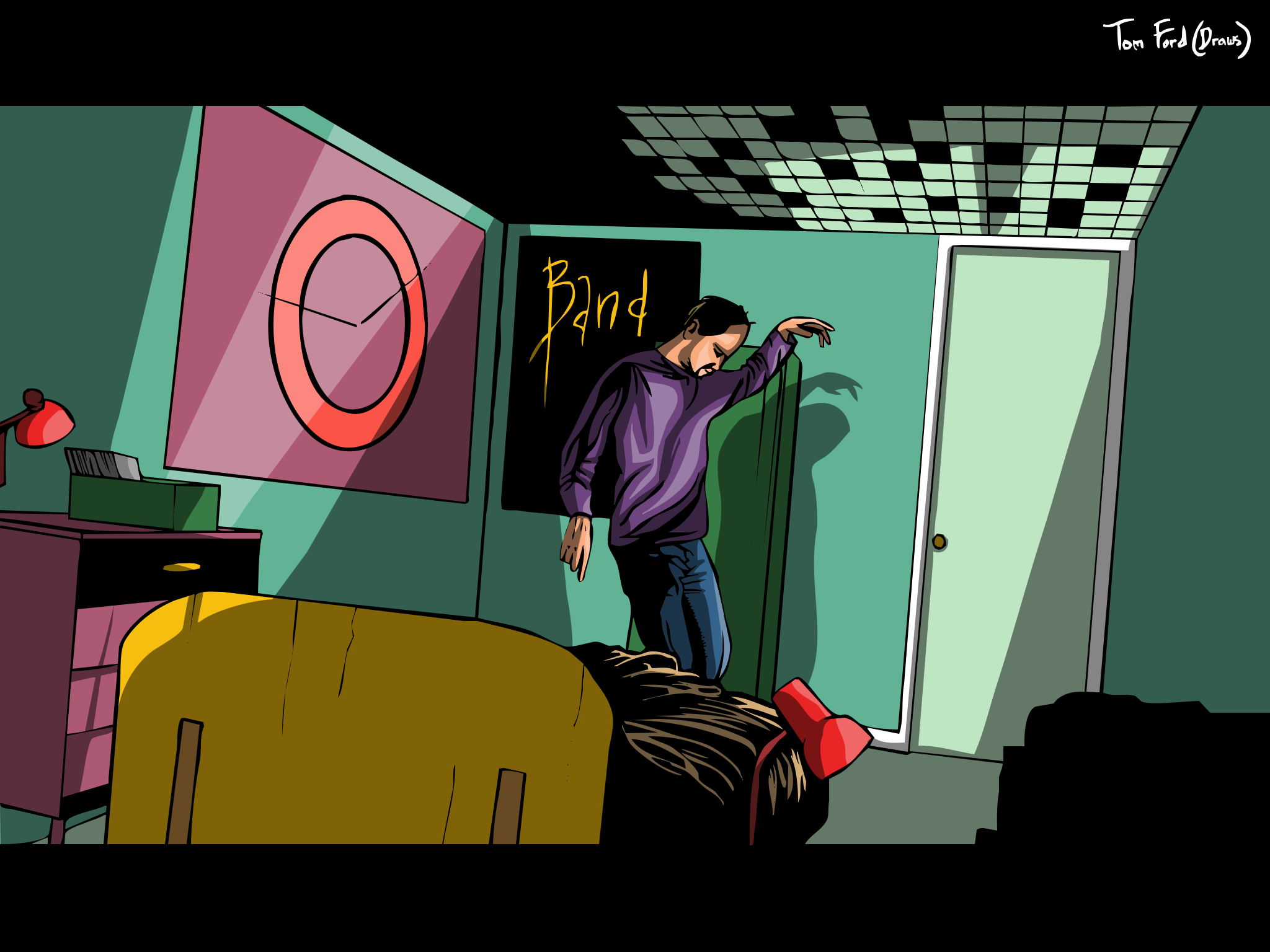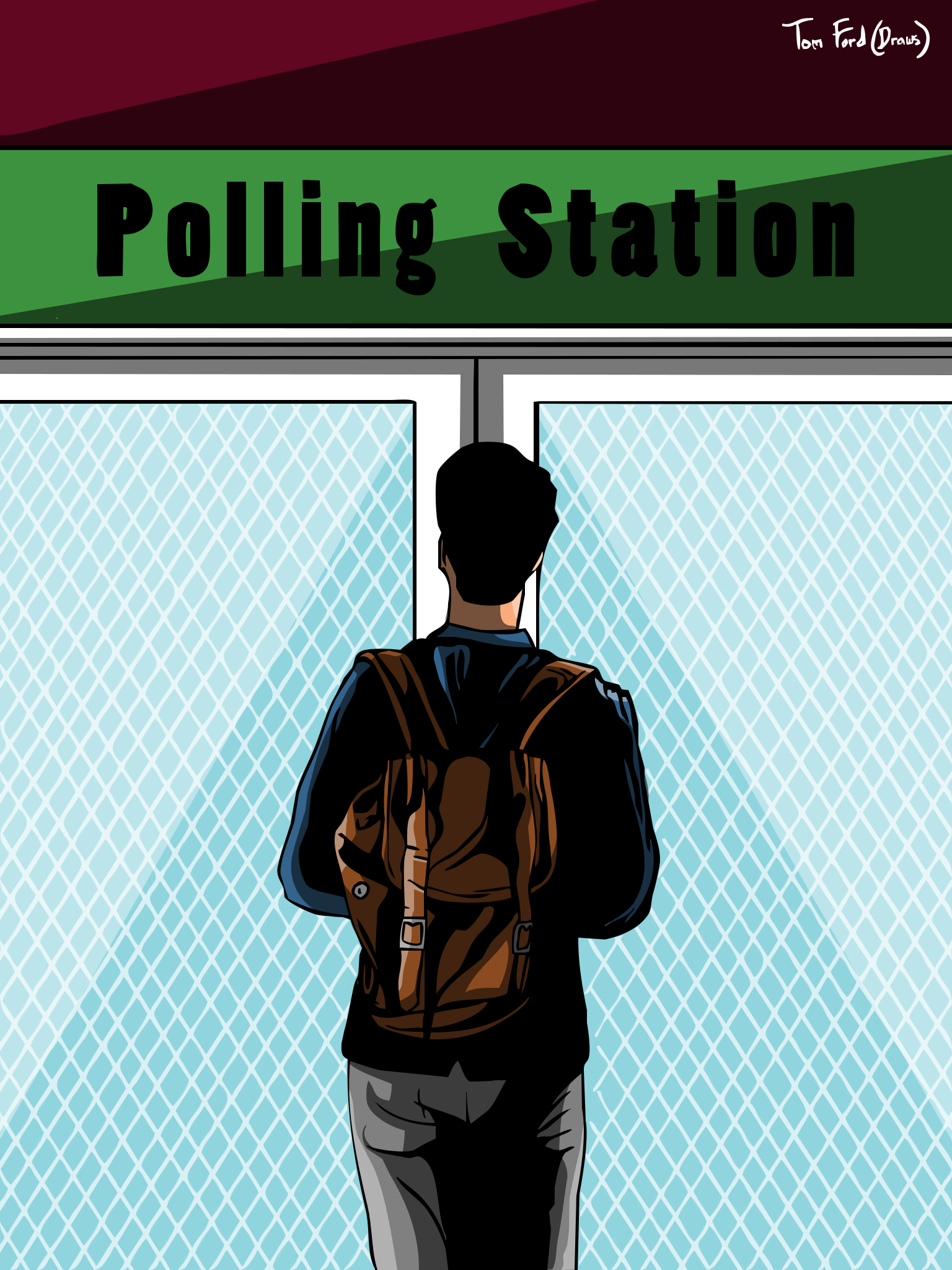Can people change?
In the final instalment of her series tackling socially unacceptable questions, Christine Manby ponders how severely we should judge people for actions committed when they were teenagers


Shamima Begum was just 15 years old when she ran away from home in Bethnal Green with two school friends to join the so-called Islamic State in Syria. There she married a Dutch jihadi and threw herself into a life of religious fervour and day-to-day brutality. In February, heavily pregnant with her third child, having lost two other children in infancy, Begum gave an interview from a refugee camp, saying she’d like to come back to London. The outcry at her request was immediate and predictable and not helped by Begum’s assertion that the Manchester bombing was fair retaliation for the actions of British and US forces overseas. Sajid Javid acted swiftly to prevent Begum’s repatriation by launching the process to strip her of her British citizenship.
Listening to those who have lost loved ones in terror attacks claimed by Isis and the heartbreaking testimonies of the Yazidi people who bore the brunt of it’s cruelty, it was easy to think that Javid was right. What was the point of risking more lives to bring Begum home and attempt to deradicalise her? Begum seemed unrepentant, even as she asked for a chance to have her third child on the NHS. There was a feeling that she wouldn’t have been asking to come back at all were Isis still the winning team. She said she wasn’t “fazed” by the sight of a severed head in a bin. Indeed, it seems she thought the poor decapitated chap had it coming. By her words and by her deeds, Begum showed us who she really was. And people don’t ever change, do they?
What were you like when you were a teenager? Did you harbour any ridiculous beliefs? Have any unsuitable friends? At 16, I was a regular at the local pub, drinking alcohol underage. When the police raided said pub one Saturday night, my 30-year-old friend Richie asked me to hold something for him. He stuffed a wadded handkerchief into the breast pocket of my denim jacket. That handkerchief was wrapped around a large lump of marijuana resin. I had no idea. Expecting to be searched, Richie was happy for someone else to carry the cannabis. When he explained afterwards, I thought it was exciting. Decades later, I see exactly what a nasty move it was. The police didn’t search anybody that night but my life might have turned out very differently had they done otherwise.
Very few of us would disagree that the average teenager has no clue. I definitely didn’t. They’re easily influenced. They are blinded by glamour. They find that glamour in the strangest places – like my crusty friend Richie, who looked like he slept on a bench despite his comfortable middle-class home. Most teenagers are impressionable and prone to making bad decisions.
As a teenager, author Michael Maisey made some very bad decisions. At 15 years old – the age at which Begum went to Syria – Maisey went to prison for the first time, having held up a corner shop with a replica gun. He spent the next five years in and out of Feltham Young Offender’s Institute. He became an alcoholic and a drug addict.
At 35, Michael has turned his life around. He has a wife and two young daughters, to whom he is devoted. He has a successful business. He has been sober and drug-free for 11 years. . He mentors other people hoping to break their addictions through his free programme Time for Change.
It’s all turned out well for Maisey, but, he says: “I was definitely written off by the time I was 15. Everybody had given up on me. As far as they were concerned, I was destined to go down the same path as my father, who is a heroin addict. No one believed I could change but my message now is that change is possible...”
While we’re legally adults at the age of 18, able to vote and marry and generally live as we see fit, there’s more and more evidence to suggest that our brains aren’t fully developed until the age of 25 and possibly beyond. A teenager processes information using the amygdala, the brain’s emotional centre. While the connections between the amygdala and the prefrontal cortex are still developing, the teenage brain is overwhelmed by emotional information, which is what it uses to make choices. This slow cognitive development is further complicated by hormonal changes. Beyond that age at which our brains mature, we literally think differently. We use the prefrontal cortex, which approaches decisions with an awareness of long-term consequences.

A recent criminal justice report from the House of Commons Select Committee recommended that in light of these findings, “young adults”, by which they mean people aged between 18 and 25, should be treated differently from older criminals. It could be worth it. The same report noted that most young people who get involved in criminal activity are no longer active after 25. Why saddle someone with the lifetime consequences of a criminal record if the urge to commit criminal activity is something they’ll literally grow out of?
For Maisey, the catalyst for change was hitting rock bottom. He twice attempted suicide: “The pain of the road I was on became unbearable.” Released from prison for the final time, Maisey moved from London to Ireland to begin the process of getting sober and building a life on the right side of the law. He believes it was especially important to be away from old haunts and old friends, who were still living a criminal lifestyle and treated him, having spent time inside, as something of a celebrity. “I had to be away from all that.” In Ireland, without that network of old mates, who expected him to slip back into his old ways, Maisey was free to finish growing up, reinvent himself and be a different person because no one knew who he was before.
Maisey suggests that the danger for returning jihadis who want to change their lives is that, like newly released young offenders, they end up back in the exact same environment that encouraged them to make the wrong choices in the first place. They may find themselves, as Maisey was, viewed as “rock stars” for their misadventures.
Ironically, Begum’s Dutch husband, Yago Riedijk, has said that they both made a mistake when they joined the terrorist group. Riedijk is 27.
Change begins with being aware that change is needed and perhaps Begum wasn’t quite there yet when she gave her first interview. But by anyone’s standards, the tragic loss of Begum’s third child to a treatable lung infection looks like a rock bottom, such as that which made Michael Maisey reach out for help. And Begum will change over the next few years regardless. That much is guaranteed. It is inevitable. Whether she has the chance to change into a force for good, or becomes a militant mouthpiece for a collective of terrorists is in our government’s power to decide.
Christine Manby has written numerous novels including ‘The Worst Case Scenario Cookery Club’
Join our commenting forum
Join thought-provoking conversations, follow other Independent readers and see their replies
Comments